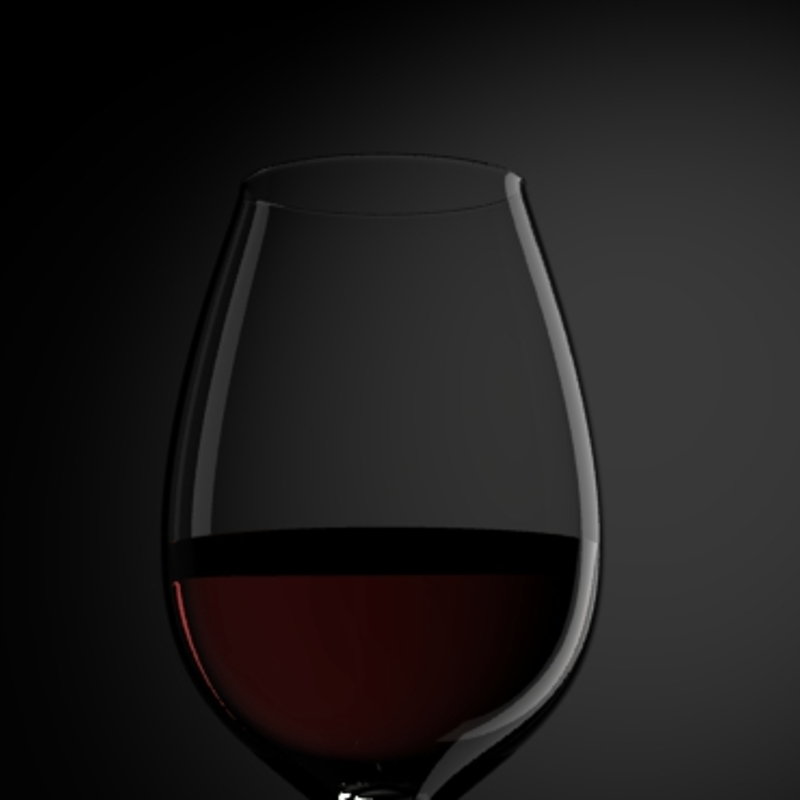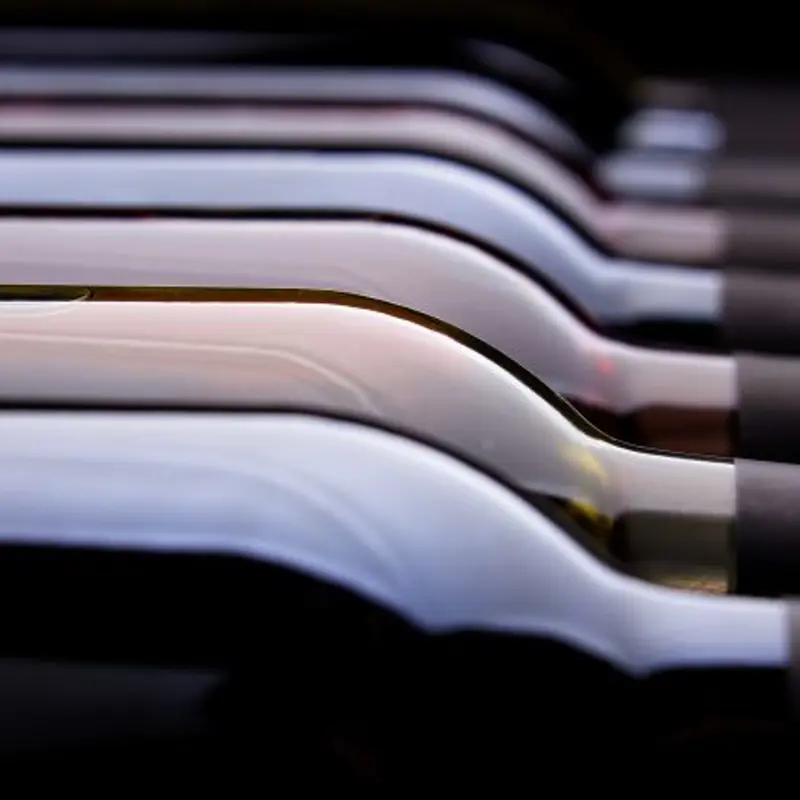The advantages are numerous!
Probably the reason most en primeur buyers share in common is an intangible one; a sense of a connection to the vintage, and to the château or domaine. Despite modern winemaking advances and climate change, the character of each vintage is still very distinct in wines from classic regions like Bordeaux and Burgundy. Each year has a distinct personality and following the new vintage is not just about assessing which year is 'best'; it can be a pleasurable pursuit in itself.
The most sought-after wines are usually released in very limited quantities. An important part of our role is in building and maintaining long-standing relationships with the producers and their agents, to ensure we receive the best possible allocations. Many such wines subsequently disappear from the market.
Financially, the opening en primeur price is usually the lowest price at which the wine will be offered to the market. For 'drinking' wines which will be stored at home, this is the most cost-effective time to buy. For investment wines, a vintage may well be released at a high price, but may subsequently fall in value (as happened with the legendary 2010 vintage). Such falls are rare and in-demand wines will usually accrue in price over the medium to long term. Usually, the first re-assessment comes after the wines are bottled and are re-tasted by the critics. Retrospective tastings can also lead to price movements. The quality and size of the following vintage can also have an impact on market values, as of course can macro-economic factors.
Increasingly, provenance is a consideration, both for investing and drinking. Buying en primeur is a guarantee of provenance, from the vineyard to the dinner table.
For the consumer, the en primeur system helps to spread the cost of buying, with duty and VAT deferred until the wine is released from bond. For the producer, particularly smaller ones like the artisan domaines we deal with in Burgundy, en primeur helps their cash flow, in an industry where it can take producers years to recoup their outlay.
Finally, buying en primeur allows a choice of formats, e.g. half bottles, magnums, double-magnums and larger formats, as well as unusual formats such as tappit hens for port. Many of these are rarely available in the secondary market.


